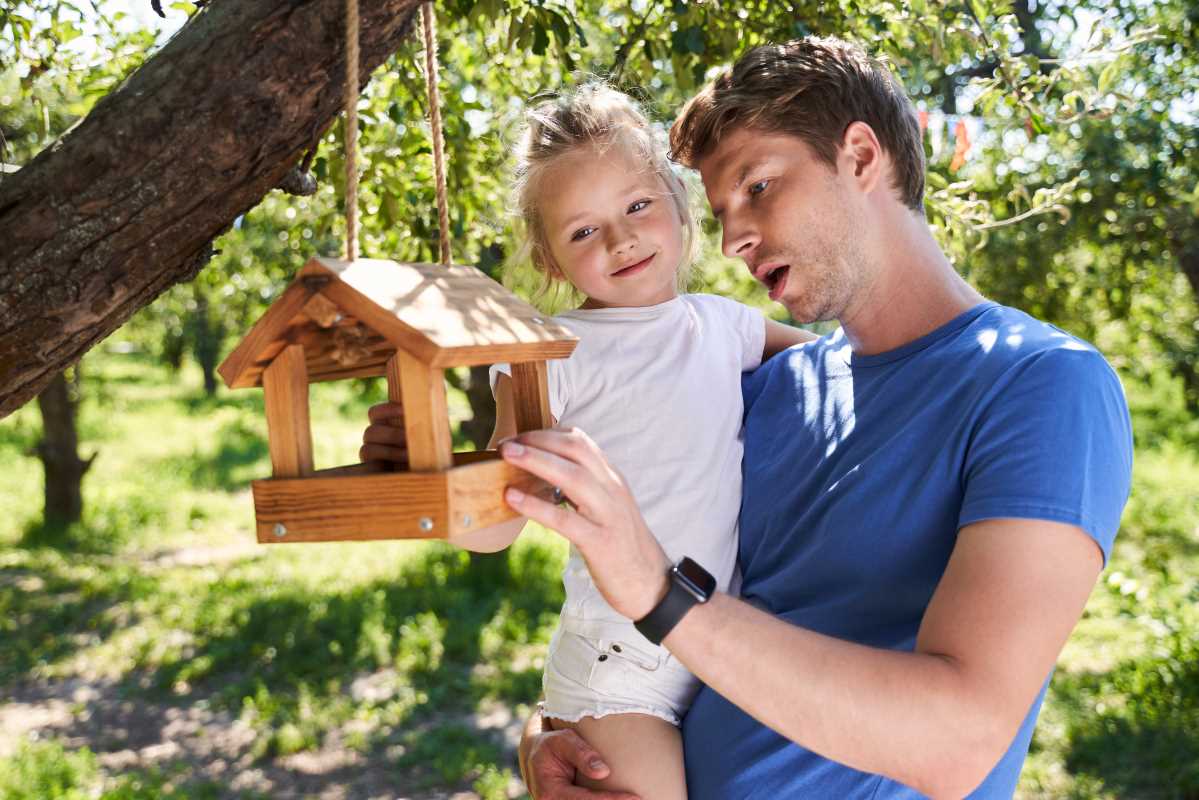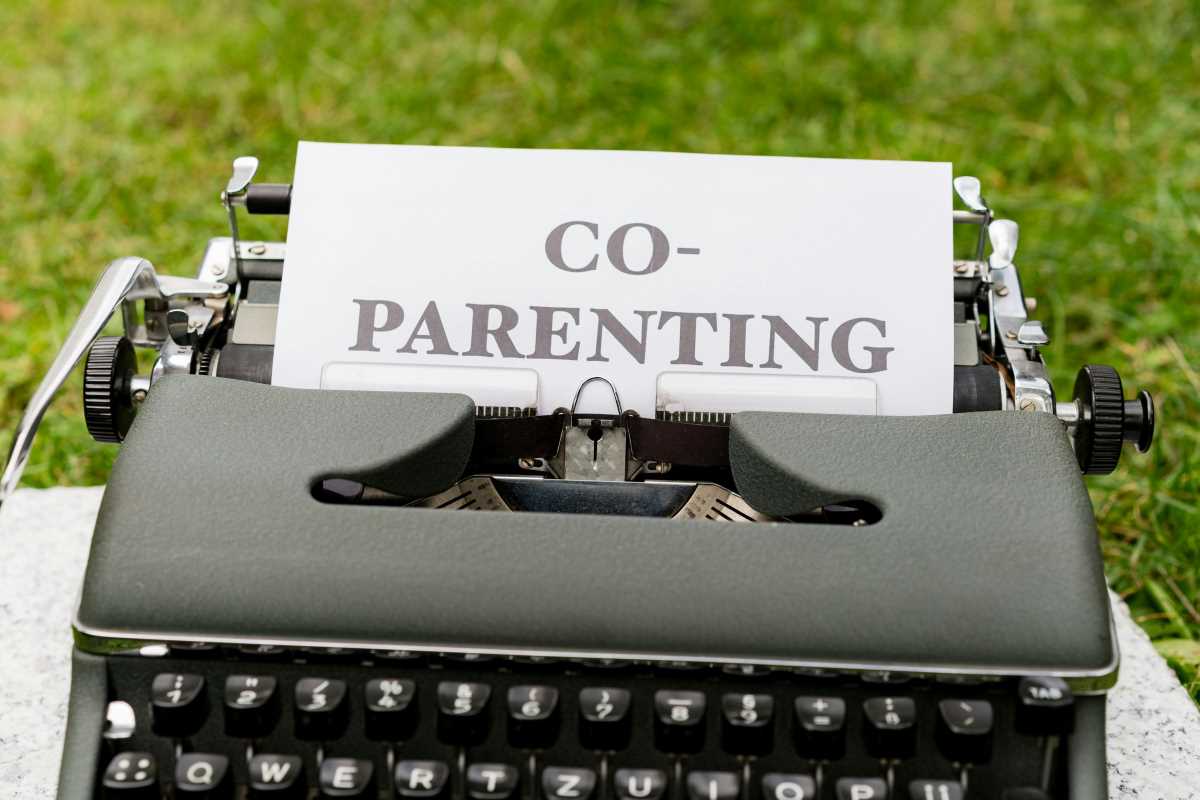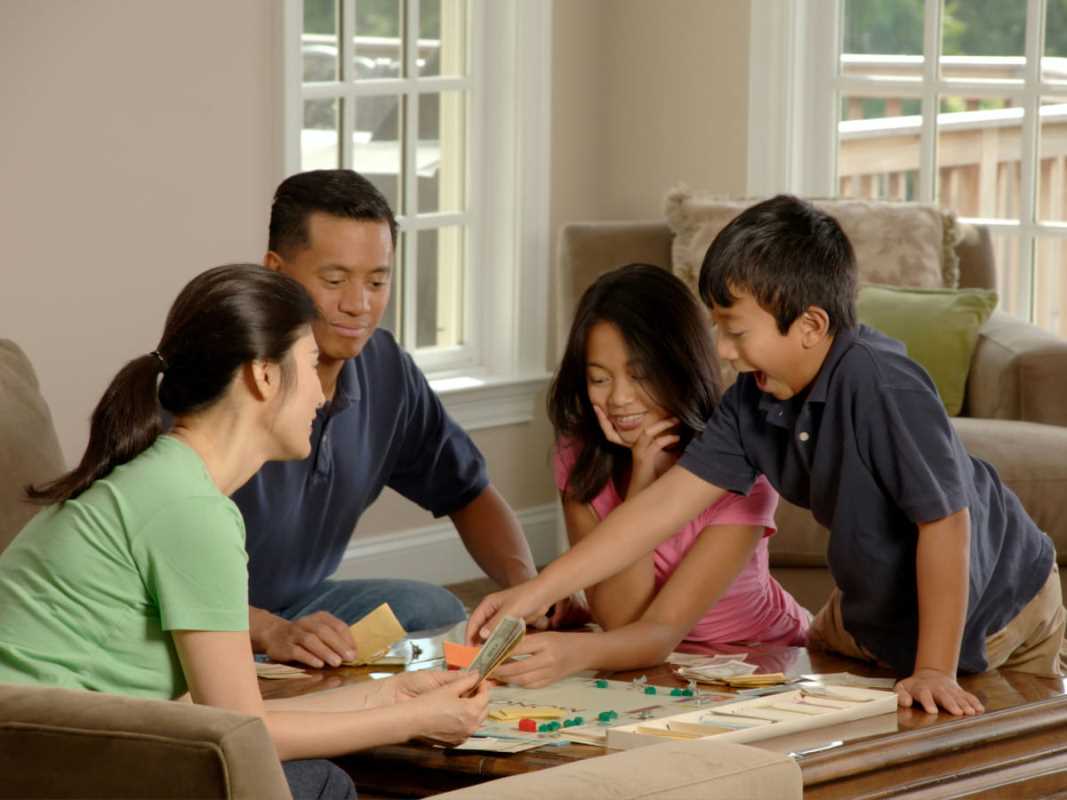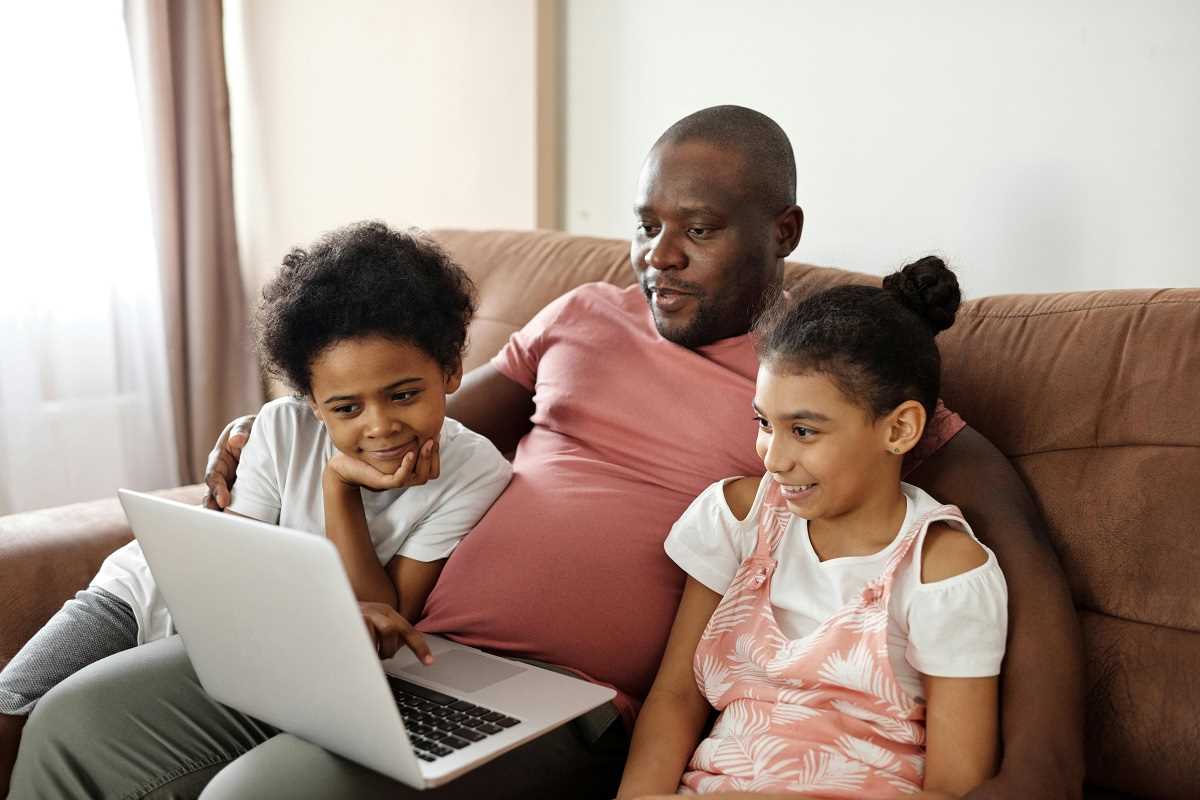If you’re a parent, “moving on” can mean a lot of things. It might be letting go of the baby years, working through a big breakup, adjusting to a new city, or finding your feet after a major life shake-up. Parents get handed so many chapters in their lives that the idea of closing one and starting another becomes part of the job description.
But anyone who’s actually had to move on will tell you this: it’s never just one single step. It’s messy, complicated, and, honestly, sometimes downright frustrating. Yet as parents, moving on isn’t just about you. It’s about your kids, your family routines, and the unique chaos that comes with parenting.
This guide is for every parent who’s wondered if they’re doing “moving on” right, or who just needs a little nudge (and maybe a laugh) to keep going. Here’s to all the parents figuring it out as they go.
Why Parents Find Moving On Especially Tough
You’re not just juggling your feelings and needs. You’re balancing them with the schedules, emotions, and expectations of little humans who have a lot of opinions for people with so little life experience. Moving on feels personal but, in reality, it affects your whole family ecosystem.
Why is it harder for parents?
- Kids notice changes. Even when you think you can slide through a big shift under the radar, kids pick up on everything. They notice subtle shifts in routines, moods, and even tone changes at the dinner table. Sometimes, their anxiety about these changes can add to your stress.
- Routine is king (and hard to break). Once kids get comfortable, anything that shakes up their world feels like a major event. Moving on often means reworking routines that have been anchors in your family life, which can be unsettling for everyone.
- Time isn’t your friend. Moving on often requires time to process, plan, and adjust. But between school drops, endless laundry loads, and dinner prep, when exactly are you supposed to fit that in? Parenting offers no “time out” mode.
- You’re their safe place. At the end of the day, your kids look to you as their constant. They depend on your stability and resilience. Balancing your personal struggles while showing up for them isn’t easy.
It’s no wonder moving on can feel overwhelming. But these moments also serve as a reminder of how resilient both parents and kids truly are. You pivot, adjust, and find ways to move forward together.
Understanding What “Moving On” Means To You
The first step to moving on is defining what it means for you. Don’t compare your experience to someone else’s. For some, moving on might mean emotional healing. For others, it’s about taking steps to start over, rebalancing family routines, or learning to thrive in the chaos of a new chapter.
Maybe you’re mourning the loss of a loved one, working through a separation, or even just processing milestones, like your youngest starting kindergarten or your oldest heading to college. Moving on doesn’t always mean devastation. Sometimes, it’s about adapting to life’s inevitable transitions.
Here’s the thing that doesn’t get said enough:
You get to define what moving on looks like for you.
- If you're taking time to grieve, that’s okay.
- If creating new traditions helps you heal, lean into it.
- If surviving the day feels like a victory (because honestly, sometimes it is), give yourself credit for that, too.
Pause, Reflect, Accept
Moving on cannot begin without honesty. You’re human, and denial can feel like a tempting shortcut. But avoiding your emotions slows healing and creates cracks in the foundation you’re trying to rebuild.
Some ideas to get started:
- Carve out moments for reflection. Even ten quiet minutes after bedtime can make a difference.
- Write down what you’re leaving behind and why it mattered to you. The act of putting it on paper can be liberating.
- Accept that it’s okay to not have everything figured out all at once.
Recognizing what you’re carrying emotionally makes you a better parent. You cannot pour from an empty cup, and being in tune with your feelings helps you stay present for your children.
The Honest Truth About Grieving and Growing
Moving on almost always comes with a touch of grief—even when the change is positive. It’s okay to miss parts of your old life. Sometimes, you’ll grieve the structure, predictability, and even the frustrating chaos of what came before.
It’s OK to Grieve in Your Own Way
Grief doesn’t follow a schedule, and it doesn’t come with a rulebook. Parents deserve the same room to process emotions as anyone else.
Here are some examples of what this grief might look like:
- The paradox of missing those exhausting 2 a.m. feedings once they’re over because they symbolized a unique bond.
- The bittersweet feeling of walking through an empty house after your kids leave for college.
- The anxiety and sadness tied to co-parenting after divorce.
- The ache of saying goodbye to a beloved home or job, even for something better.
Some days, you might feel like you’re moving forward. Other days, a simple trigger like an old photo or a passing comment can send you spiraling. The goal isn’t to “get over” these feelings but to make room for them while opening yourself up to the new.
Grieving in a way that’s honest, whether by writing, talking, or simply feeling, also models emotional resilience for your kids.
Modeling Emotional Health for Your Kids
Your kids will likely notice the emotional ups and downs. That’s not a bad thing. Learning to manage and express feelings rather than repress them is one of the best lessons you can teach them.
- Use simple explanations. Say something like, “I’m sad because things are changing, but it’s okay to feel sad about that.”
- Encourage their own questions and emotions. If they ask why life feels different, validate their perspective. Share age-appropriate answers that emphasize love and stability.
- Celebrate progress, no matter how small. This could mean being proud of trying something new or laughing together after a rough day.
Rebuilding Routines One Step at a Time
When big changes happen, revisiting or creating family routines can bring a sense of stability back into your shared lives. Routines can be incredibly grounding—not just for kids, but for you too.
Small Steps Lead to Big Changes
- Revisit familiar rituals. Pancake breakfasts, bedtime stories, or Saturday soccer can feel like anchors during uncertain times.
- Collect family input. If the usual routines no longer feel right, brainstorm together. Maybe it’s introducing a new game night or tweaking morning school prep.
- Be kind to yourself. It’s okay if the new ‘normal’ takes a little time to settle.
Sometimes, simply committing to a consistent family dinner or weekend walk around the park can be the foundation for bigger, more meaningful changes.
Forget Perfect
“Good enough” is a parenting motto for a reason. Moving on doesn’t mean having every meal Pinterest-worthy or calendars perfectly planned. It means showing up. Your kids will remember shared laughter and attention over baked-from-scratch cupcakes any day.
Bringing in Support for Yourself
There’s no rule that says you need to tackle this alone. Asking for help, whether practical or emotional, is one of the smartest things you can do.
Build Your Village
- Family and friends: Even small gestures, like a friend picking up groceries or family helping with babysitting, can ease pressure.
- Professional guidance: Parenting counselors, support groups, or therapists can help you process your feelings and know you aren’t alone.
- Fellow parents: Sometimes, just hearing another parent mutter, “same here,” when you share a struggle can be a huge relief.
Prioritize Rest
Crisis-mode invites burnout, and burnout doesn’t serve anyone. Prioritize small doses of self-care, whether it’s reading a book before bed or taking a quiet Sunday drive.
Rediscovering Yourself
Parents often push their identities aside. Moving on is a unique opportunity to rediscover passions and hobbies that make you feel more like you.
Explore Interests
Love baking? Learning a new skill? Or just craving the connection of a book club? Give yourself permission to go after it.
Nurture Adult Relationships
Make time for friends. A quick coffee chat or long phone call can recharge you and offer perspectives that remind you of lightness, humor, and joy.
Helping Kids Navigate Change
Kids often express resistance, confusion, or sadness over life’s big changes. Your patience and guidance can turn these moments into growth opportunities.
- Validate feelings: Say, “I know this is hard, but you’re safe, and we’ll get through it.”
- Find tools together. Books or stories that parallel their experiences offer comfort.
- Be consistent: Bedtimes, hugs, or certain traditions stay unchanged to remind them that some things are always stable.
At its heart, moving on as a parent is about moving forward as a family. Whether it’s quietly closing a chapter or navigating a stormy transition, every step you take carries lessons of resilience and love. Remember, you’re doing better than you think. And with grace, patience, and humor, that next chapter will be worth every effort.







